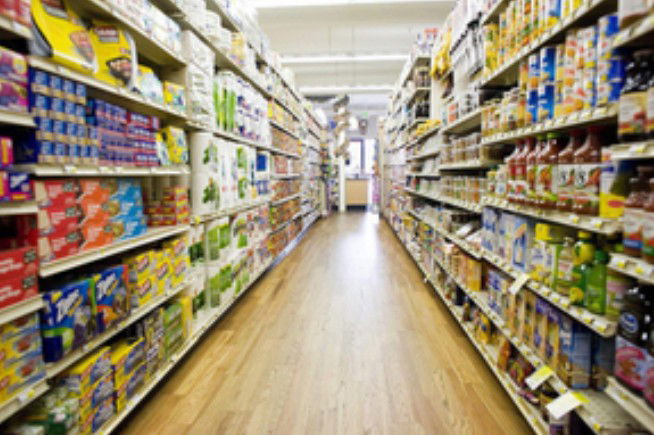Business
Indian FMCG firms to end FY25 with single-digit revenue, base favourable in FY26

New Delhi, April 14
FMCG firms in India, on aggregate, should end FY25 with low single-digit revenue as consumer staples stocks have benefited from the flight-to-safe trade recently, a new report has said, adding that the base will remain favourable in FY26.
A BNP Paribas India report expects FMCG revenue growth to inch up slightly from 4 per cent in Q3 FY25 to 5 per cent in Q4 FY25.
“As trade concerns ease, we see a risk of reversal of recent outperformance. However, we do see some near-term positives, such as the drop in crude price and our economic heat map indicates positive trends for rural growth,” the report mentioned.
Commentaries from Marico, Dabur and GCPL indicate that demand has been resilient while urban slowdown, led by weakness in general trade, persisted in Q4 FY25.
Jewellery companies are set to post strong sales growth year-on-year in Q4, helped by an increase in gold prices, the report noted.
At the beginning of the year, the consumption sector’s revenue growth was weak due to weakness in rural demand. Price cuts were also weighing on growth.
In the subsequent quarters, rural growth recovered slightly, likely helped by the low base, a good monsoon, and high food prices.
“However, this was offset by weakness in urban demand. As a result, we expect most companies to end FY25 with low to mid-single digit revenue growth,” said the report.
Indian monsoon in FY25 was 6 per cent above the long-term average vs a deficit last year (FY24). Consequently, reservoir levels have recovered. This, along with the favourable base and slowing core inflation, has likely helped drive the modest rural recovery.
Inflation in vegetables and pulses slightly eased towards the end of FY25. Telecom, which is another large mass consumption category, saw steep price hikes across FY25.
“Unlike rural, urban was coming off a relatively high base. Furthermore, quick commerce is changing consumers’ consumption patterns. We believe some of these factors could have contributed to slowing urban mass consumption,” the report mentioned.
In urban India, quick commerce (QC) has made rapid strides, which is creating challenges for FMCG companies.
As QC companies look to expand their store footprint rapidly and eventually aim to improve their profitability, “we see a potential margin headwind for FMCG companies,” said the report.



































